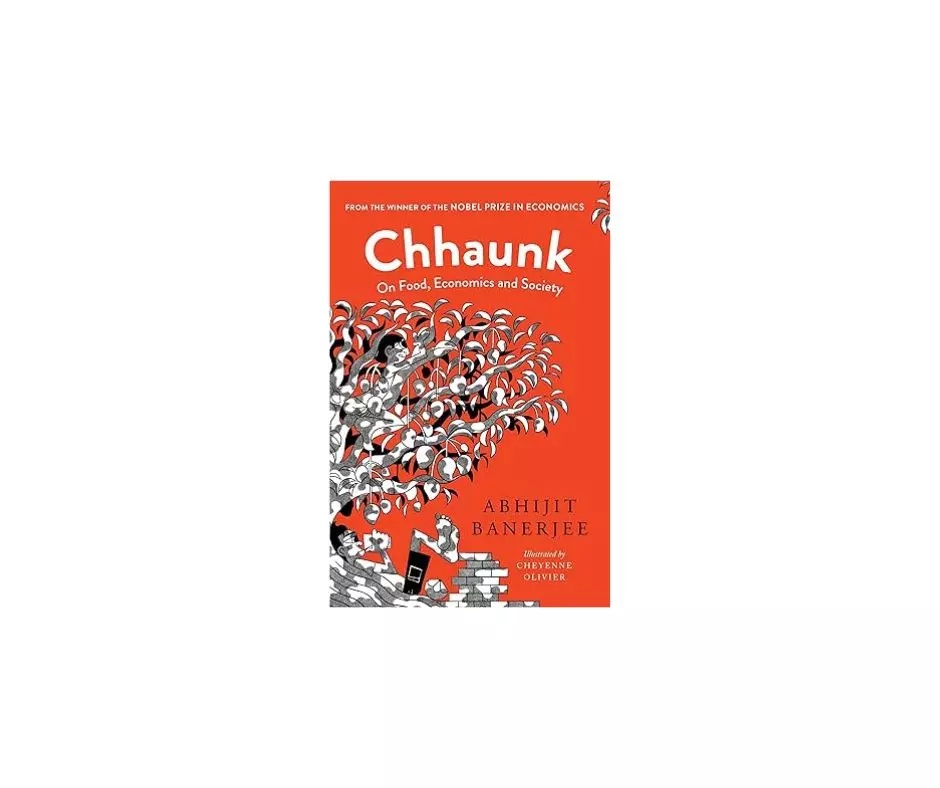Book Review | Misleading title, fun treatise

The subtitle of the book is a bit misleading: it should have been “Food, Abhishek Banerjee, Economics, and Society”, because much of it tells of the author’s food preferences and how deeply entrenched his memories of food are. So he tells of how he got to like the food that he does, sometimes how that food got to be how it is, and the circumstances under which it’s best eaten, with glimpses of the society within which it evolved.
Early on there’s Chinese roast pigeon, which he liked as a child. The Chinese quarter of Calcutta — later Kolkata — withered over the years, and so did the range of Chinese food available there, but the memory stayed. If anything, it grew. From this he moves on to dishes he encountered over the years, from Christmas cake to pasta primavera and nearby haleem, for many of which are provided what seem to be authentic recipes.
There’s a strain of economics throughout the book, sometimes in rarefied form, with references, for instance, to gift-giving. He describes how his grandfather’s grandfather, was clad in a dhoti after his bath when someone brought news of an addition to the clan. The messenger stayed put until he got a gift — the damp dhoti — for bringing the news! But this is followed up by insights on the culture and importance of gift-giving, all succinct and neat.
Perhaps most important of all, there are insights on governance. Why, for instance, do farm labourers in parts of rural Bangladesh stay in their homes in the off-season, on a subsistence diet of 1,400 calories a day? They can move to cities where they can get diets of, say, 2000+ calories a day. Is the act of telling a hungry child that there’s nothing eat so paralysing that it robs the parent of the ability to think clearly? This is paradoxical to any trained economist who assumes that people respond to need. The point is that children need a school system that gives them at least one substantial meal a day.
The most unforgettable bits on governance are from 1983, when 350-odd JNU students, the author among them, ended up in Delhi’s (in)famous Tihar jail. A melee of sorts followed the expulsion of the President of the students’ union, resulting in a swoop by police in full riot gear. Some students were arrested on the spot, and others soon after in a show of solidarity. The authorities intended by this to show the students who was boss, and many ‘liberal’ JNU rules were rescinded after the clash. The stint in jail exposed him to a bizarre aspect of Tihar’s laws of the time: that undergraduate students get dal-roti twice a day while postgraduates get a vegetable besides! More importantly, a look at “unfair imprisonment” has brought up numbers that show that the law “hurts those who are least able to work around its deficiencies”.
These chapters are light in treatment but heavy in content. The recipes offer leavening to some provocative ideas, and the end result is spicy and delicious!
Chhaunk: On Food, Economics and Society
By Abhijit Banerjee
Illustrated by Cheyenne Olivier
Published by Juggernaut
pp. 331; Rs 899

